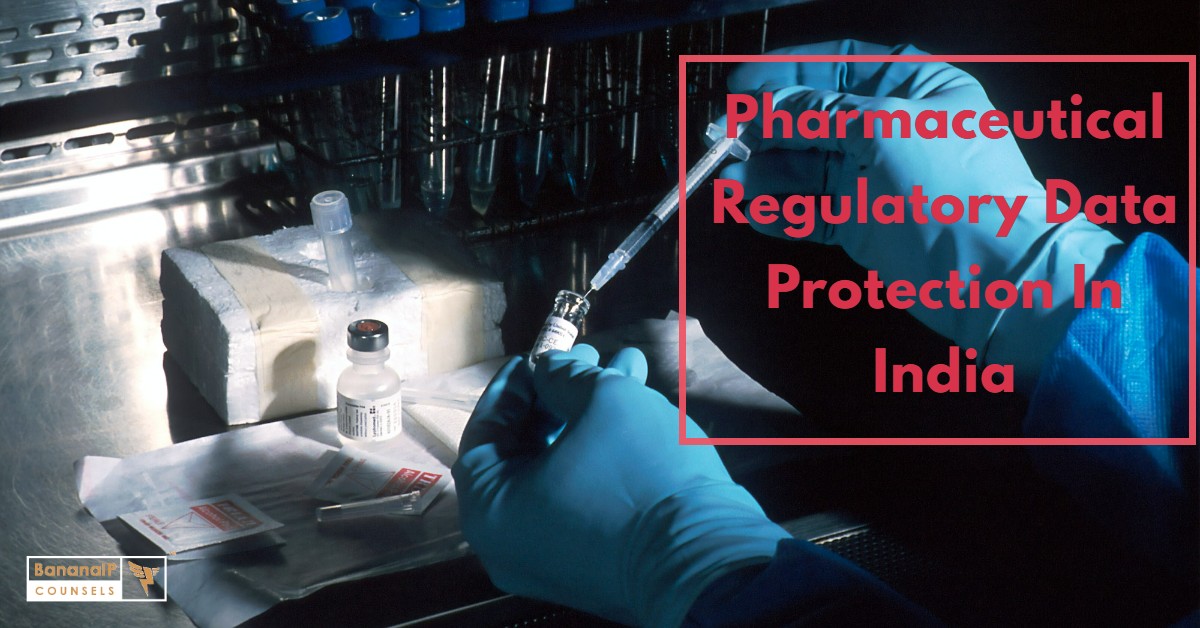Recently, the CEO of Novartis asserted that India needs regulatory data protection to attract basic pharmaceutical research[1]. Opinions on this statement vary depending on whether the goal is to prioritize strong intellectual property rights protection or to facilitate access to medicines for the general public. The discussion surrounding regulatory data protection in India has been ongoing for some time, particularly during the negotiations for the Trade-related Aspects of Intellectual Property Rights (TRIPS) agreement. Article 39.3 of Section 7 of TRIPS, which deals with the “Protection of Undisclosed Information,” establishes the international mandate on regulatory data protection[2]. This provision was an outcome of varying interests of developed countries since developing countries, including India, were of the opinion that undisclosed information of trade secrets were a subject matter not to be included under the purview of TRIPS .
According to Article 39.3, member countries are required to protect regulatory data from ‘unfair commercial use,’ though they have flexibility in determining how to do so. India has incorporated this obligation under TRIPS into its domestic legislation via the Drugs and Cosmetics Act, 1940 and Drugs and Cosmetics Rules, 1945. Rule 122E, in particular, provides data protection for four years from the date of regulatory approval to a “new drug,” regardless of whether it is patent-protected or not.
During this four-year period, any generic medicine seeking entry into the Indian market must submit a new set of data along with bioavailability and bioequivalent test details. Exceptions are made for ‘public interest’ cases or instances where the drug has already been approved and marketed in another country. However, data related to drug safety must always be submitted as per Indian law. Consequently, India does provide protection for regulatory data of originator manufacturers, as mandated by Article 39.3 of TRIPS, by preventing unfair commercial use for four years.
To protect the domestic generic industry and public interest, India has adopted the ‘permissive reliance model’ of data protection. This model, unlike the strict data exclusivity model followed by developed countries like the U.S., allows the drug controller to rely on test data for the approval of generic medicines, provided that they submit bioequivalence, bioavailability, and safety information. Furthermore, the TRIPS negotiations pertaining to Article 39.3 explicitly rejected the ‘Data Exclusivity Model’ for the protection of regulatory data. Therefore, demands from major pharmaceutical companies for additional protection akin to the U.S.’s complete data exclusivity could negatively affect the Indian generic industry, delay the entry of generic medicines into the market, and hinder access to the medicine regime.
[1] https://www.thehindubusinessline.com/companies/india-needs-regulatory-data-protection-to-attract-basic-pharma-research-novartis-ceo/article66548505.ece
[2] Naveen Gopal, ‘Protection of Clinical Trial Data Under TRIPS: International Understanding and Health Concerns’, SSRN
This blog post was prepared by Muhammed Faris V, an intern at BananaIP Counsels. The opinions expressed in this article are the author’s own and do not reflect the views of BananaIP Counsels.



